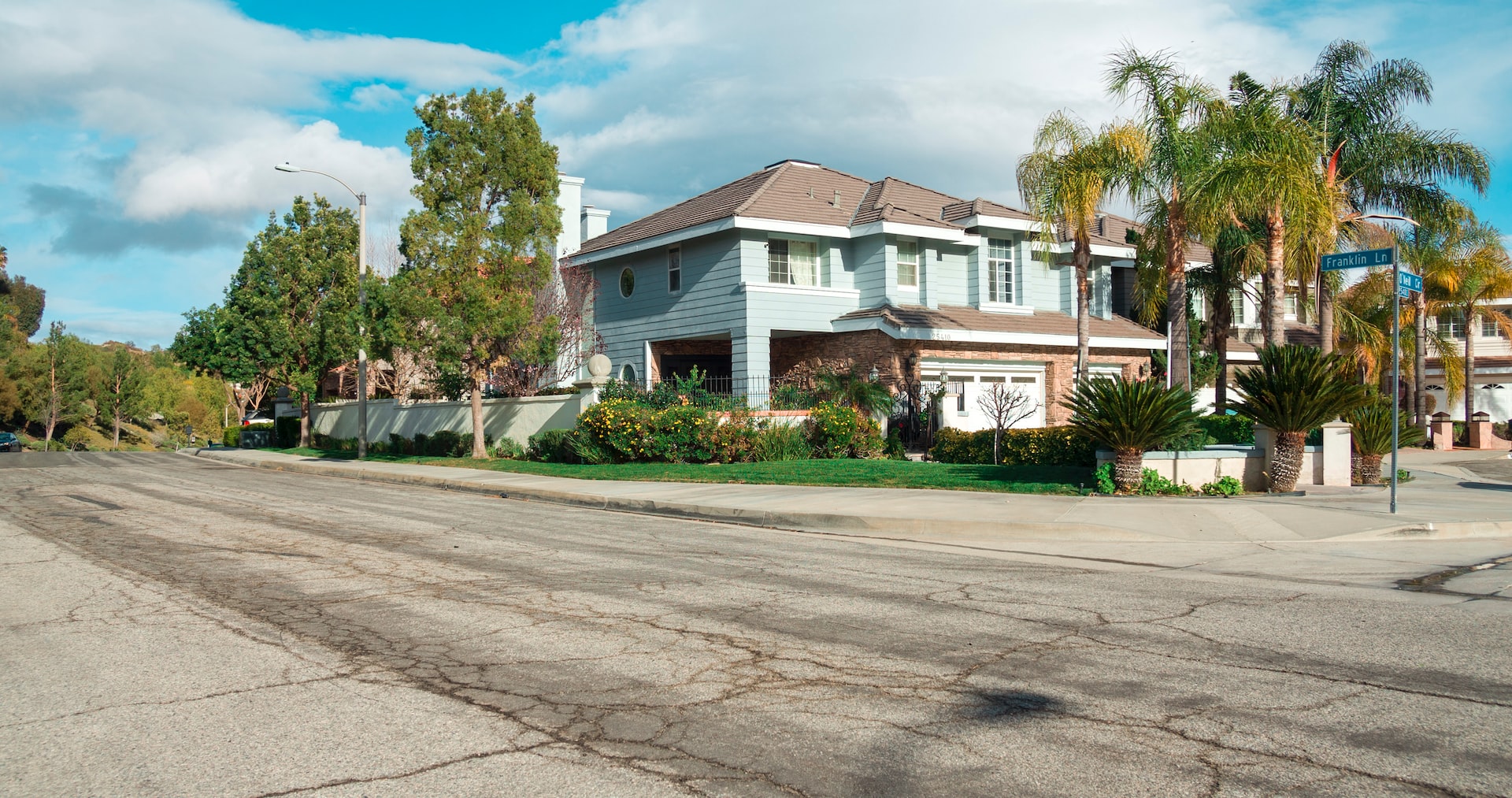The interest rates on mortgages are always changing. So, the rate you’re quoted when you apply may not be the rate you get at the closing table unless you opt for a mortgage rate lock. Doing so makes it easier to predict your monthly mortgage payment and avoid any surprises should market conditions significantly change.
Read on to learn more about how mortgage rate locks work, why home loan interest rates change, how to lock in your mortgage rate and how to determine if it’s a smart financial move.
What is a Mortgage Rate Lock?
A mortgage rate lock ensures your interest rate remains the same until you close on the home loan. The key benefit is the ability to take advantage of the lower interest rate in the event market rates change while your loan is being processed. But there’s also a downside—if the rates fall and you’ve already locked your rate, you can’t take advantage of the lower rate.
That’s unless your mortgage rate lock includes a float-down option, which allows you to capture the more competitive interest rate. However, keep in mind that the float-down option usually comes at a cost – usually up to 0.50 percent of your total loan amount. And you could lose money if the rate doesn’t decrease, and you end up spending money on an option that you don’t use.
You should also know that there are criteria to qualify for the float-down options. In most instances, you’ll need conditional approval, and the decrease in the rate must be between a quarter- and a half-percentage point.
Why Do Mortgage Rates Change?
There are several reasons why mortgage rates fluctuate.
Economic Situation
A flourishing economy often means heftier mortgage rates. However, a downturn in economic conditions can lead to lower interest rates with the intention of attracting more homebuyers.
Federal Funds Rate
When banks, credit unions and other lenders borrow money, they are charged the federal funds rate. This figure is subject to manipulation by The Federal Reserve to keep inflation under control.
Market Demand
The greater the demand for homes, the higher the mortgage rates. But if there’s a drop in demand, interest rates may follow suit to attract more homebuyers.
Mortgage-Backed Securities
Mortgage-backed securities are comprised of home loans and other loans that are traded between investors on bond markets. The price point for these securities also plays a role in mortgage rates.
How Long Can You Usually Lock in a Mortgage Rate?
It depends on the lender, loan type, loan terms and where you live. In most instances, you can lock your rate for anywhere between 30 and 60 days once your application is pre-approved, although this timeframe could be much longer with some lenders. (Some lenders offer rate locks of up to one year for construction loans if you’re building your new home from scratch). Also, keep in mind that an expired rate lock could remain intact if you opt to pay a fee to extend the period for which it’s valid.
Some important considerations:
- Changing the loan type during the application and underwriting process will prompt the cancellation of the rate lock. To illustrate, if you swap out a conventional loan for a USDA, FHA or VA loan, you’ll need to lock your rate again, as the interest rates for these mortgage products likely differ, despite being based on your credit rating.
- If your credit score dips before you close on the loan, the interest rate you lock in could change. But if your score increases, the locked-in rate will remain the same. To illustrate, assume you had excellent credit when you applied for a mortgage and were offered a rate of 7 percent. You locked it in, but life happened, and your credit score dipped 50 points before the lock-in period expired and before closing. Consequently, the lender offered you a slightly higher rate of 7.5 percent to offset the risk posed to them by your lower credit score.
Are There Costs to Lock in Your Mortgage?
You can typically lock in your mortgage rate free of charge. However, extensions often result in a fee, and the amount you’ll pay will depend on the lender. Be sure to reach out to your lender to inquire about the fees charged for locking your rate (if any), how long the rate lock lasts and if you’ll have to pay more if you need to extend it.
Is Locking in Your Mortgage Worth It?
Ultimately, deciding to lock in your mortgage rate is a personal choice. It depends on your needs and risk tolerance.
If you’re taking out a new mortgage, it could provide reassurance that your monthly payment will remain the same as what you were originally quoted. And if you’re planning to refinance, you’ll know that you’re getting a more affordable mortgage payment and lower borrowing costs.
But if you don’t mind taking a chance to see if the rates will decline, you may not find it sensible to lock your rate. And you could save money by choosing not to enter a rate lock if the odds work in your favor.
Still, it’s best to lock in your mortgage rate once they reach a point where the monthly mortgage payment works for your spending plan and leaves wiggle room for other expenses.







